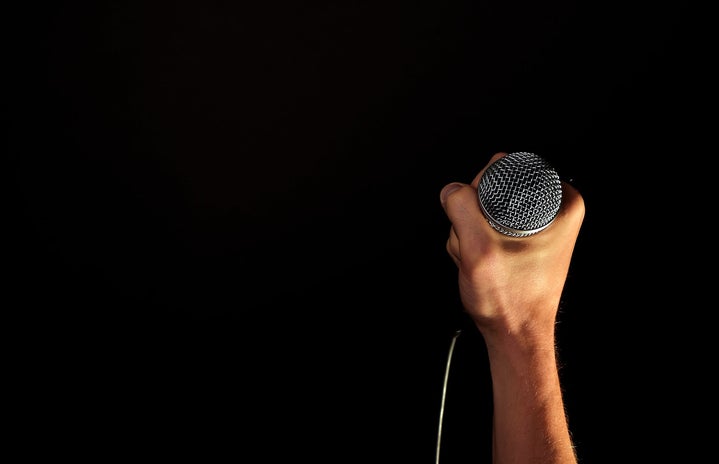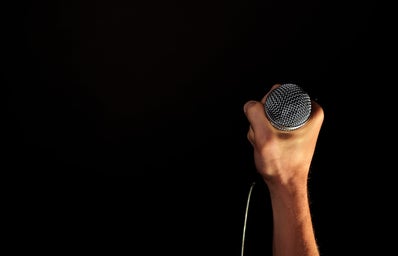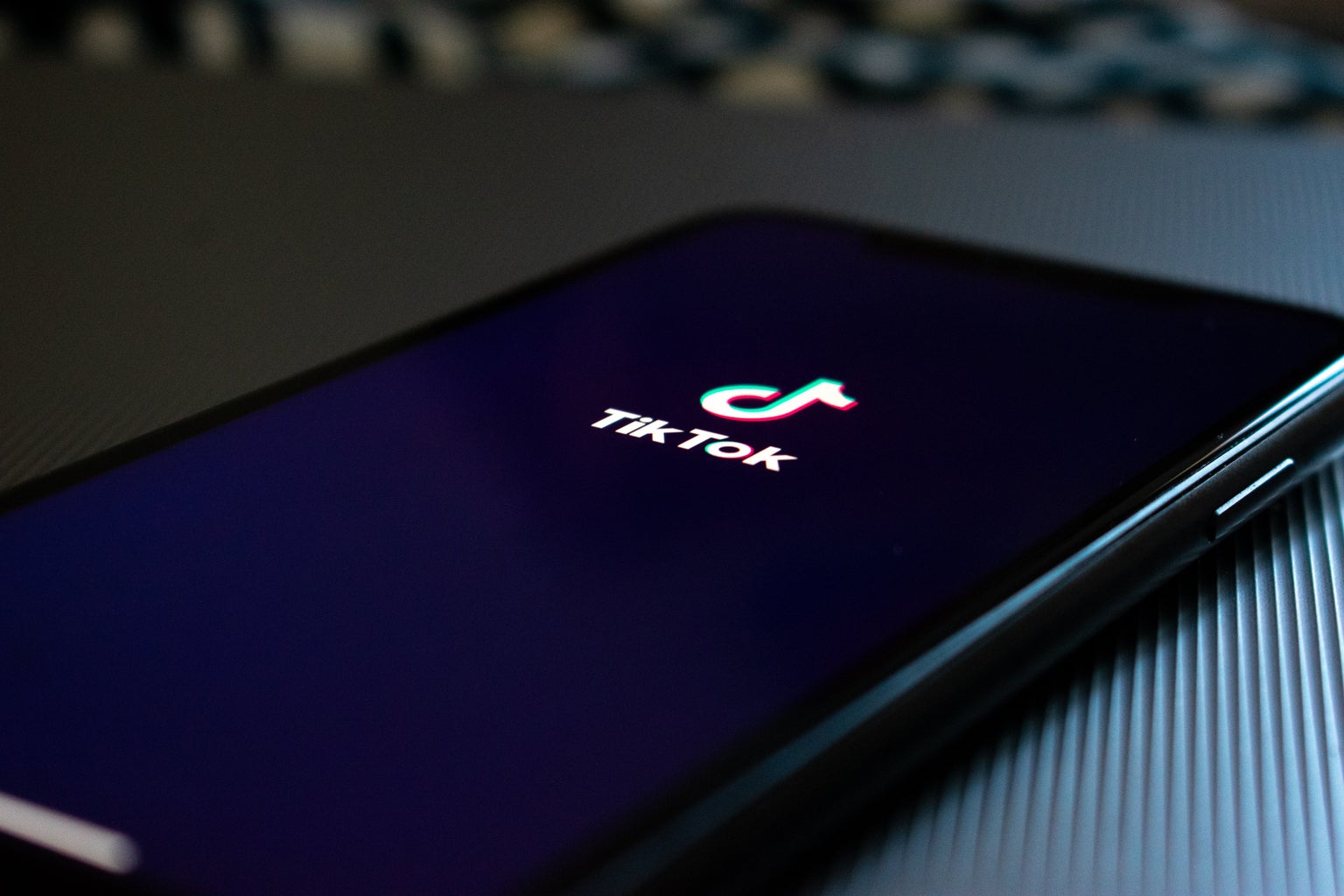“If each body counted for one dollar, what would you buy with your body count?” asks one kind gentleman to a woman standing on a bustling nighttime street filled with partygoers; a scene appearing in a video on my Snapchat discovery page. After a short break from social media, I came back to find my Snapchat, TikTok, and Instagram had become, unfortunately, flooded with videos of sweaty 30-ish-year-old men shoving a microphone in the face of female participants, asking invasive questions about their sex lives or testing them on their geographical knowledge to determine whether or not women are smart.
Interviewing women on the street is an odd and surprisingly popular genre of media content that has become inescapable and ubiquitous. Though these videos appear on many different channels founded by these men, each has generally the same structure. This content typically tends to use women, their sexualities, or doubts of their intelligence as clickbait or as a hook for viewers to continue watching. Other questions include asking what they might rate themselves on a scale from 1-10, how many world countries or presidents they know, how much money they have and whether that money comes from OnlyFans, and so on. The united goal, it seems, is to embarrass women based on how they answer the question.
Of course, I recognize this type of content to be condescending and misogynistic, but even more so, I find it stupid. There’s generally nothing interesting about these videos or the people conducting them. The questions asked in these videos are not only intended to shame women, but they also lack a sense of emotional and intellectual depth that allows almost any feminist to discount their intended harm and recognize their inability to cut very deep.
However, what I recognize to be the greatest and most grave issue with releasing this type of messaging into the world is the danger of painting women in a patronizing, limited, and edited light. What this content aims to achieve is to play on existing stereotypes in order to confirm people’s deeply ingrained notions about women and their abilities. Further, these videos and ideas clearly reach an immensely large and eclectic audience, many of which include young boys who haven’t quite developed ideas about women yet. This type of content tends to lie at the very beginning of a sort of anti-feminist pipeline that young adolescent men can fall into on the internet. When stereotypical suggestions are made about a small sample of women and sent out into the world, they are exacerbated and enlarged by the internet and those who use it. Thus, though these videos seem shallow and ridiculous to those who know better, they can be taken seriously by those who don’t.
It’s difficult to gauge the potential effects of social media content when there is an immeasurable plethora of it to explore. When we become desensitized to social media, how are we to truly determine which aspects of it are harmless, foolish, or dangerous? In such an age where media literacy becomes more challenging to nurture, the only thing we can be sure of is to stay away from people holding tiny microphones.




